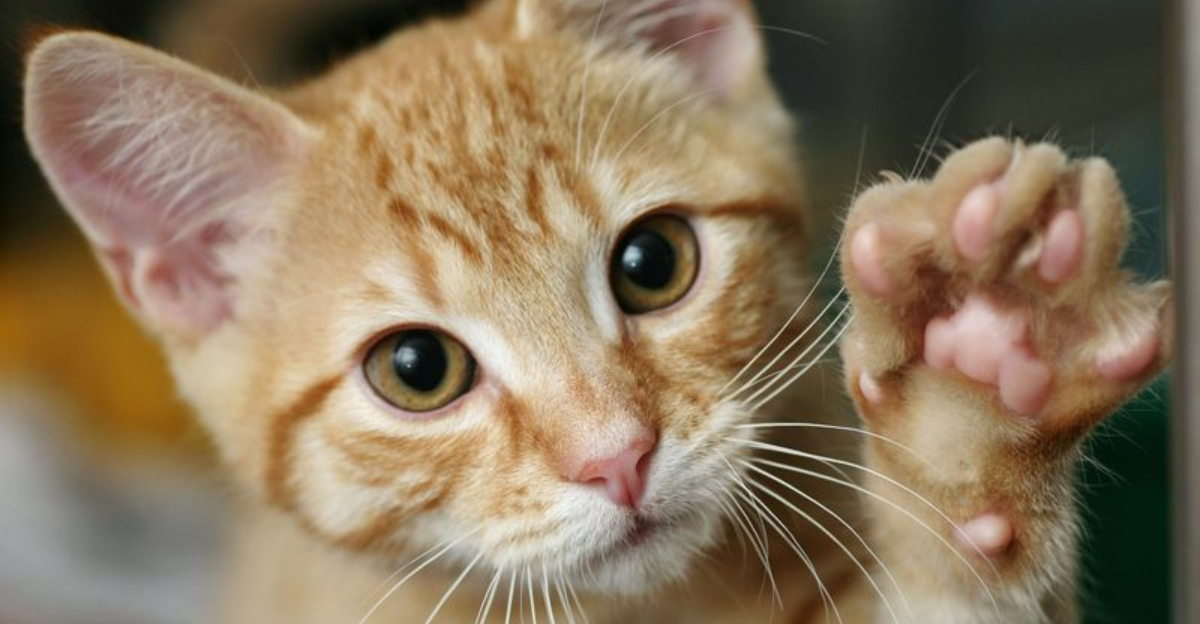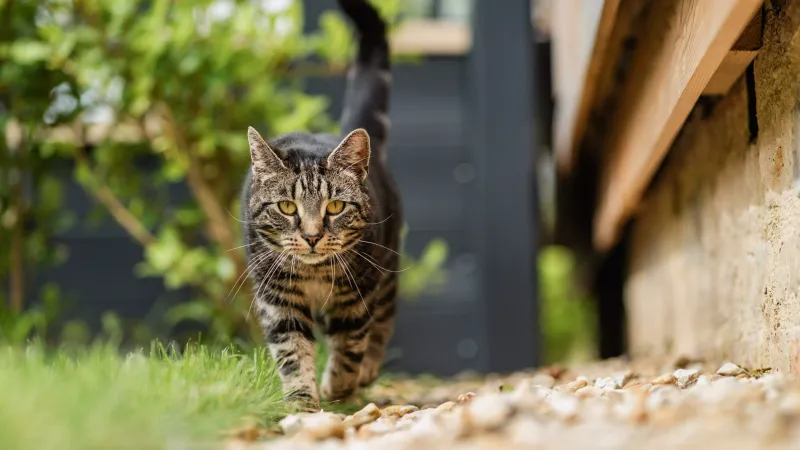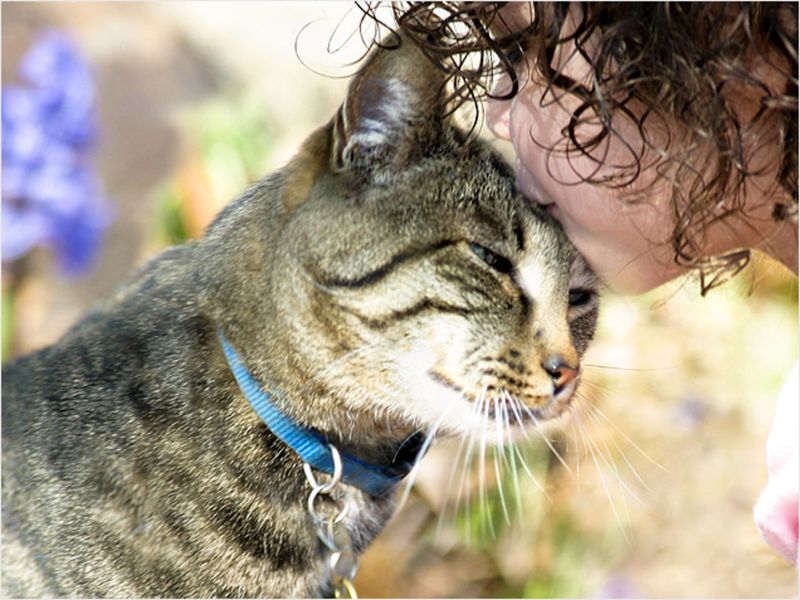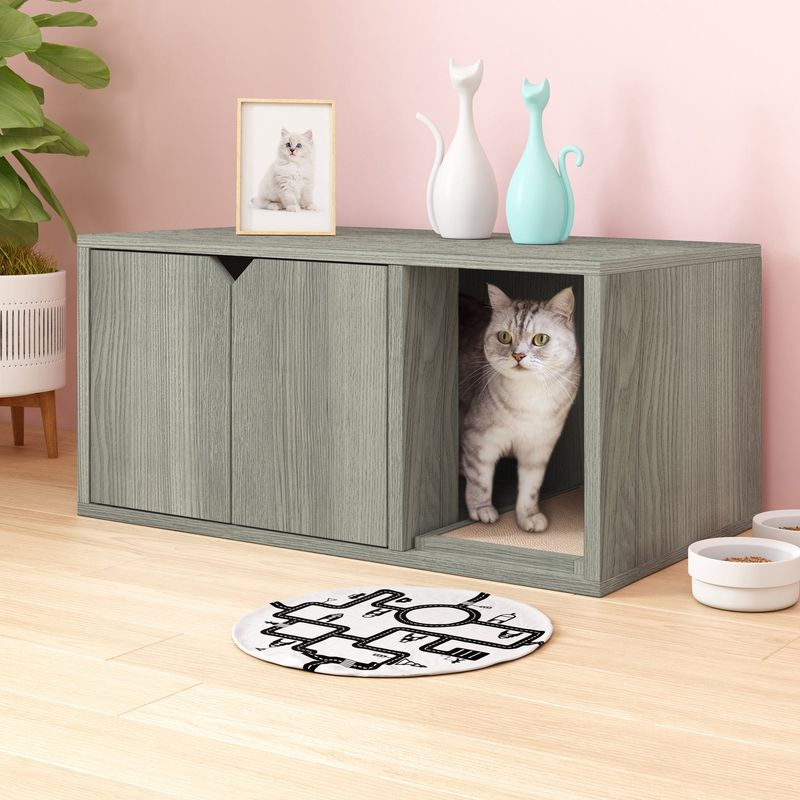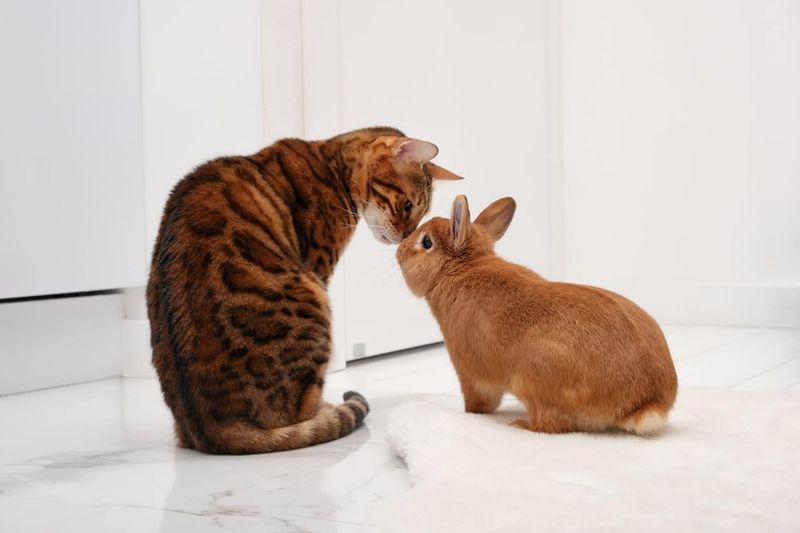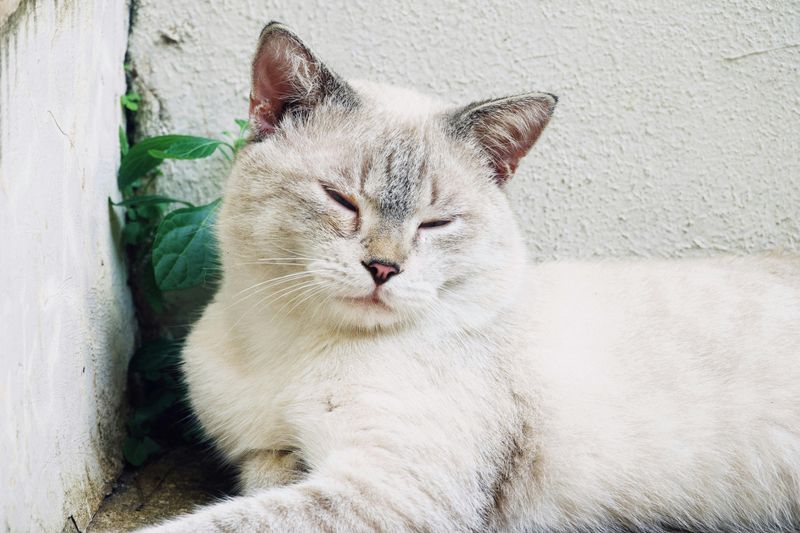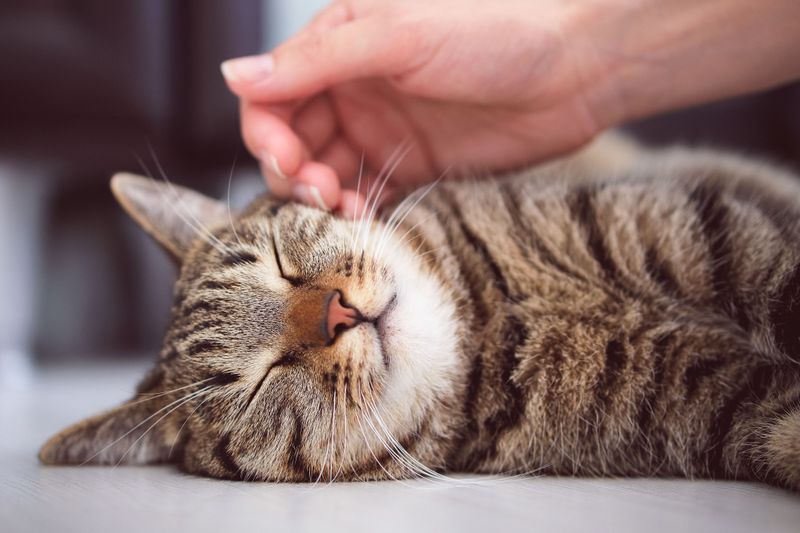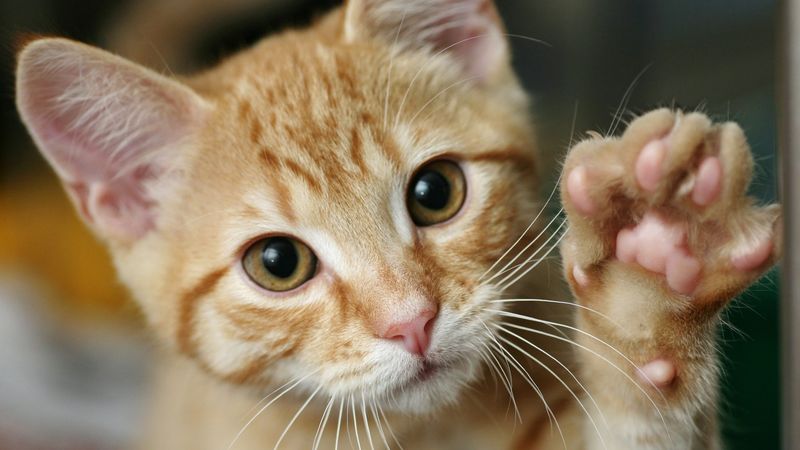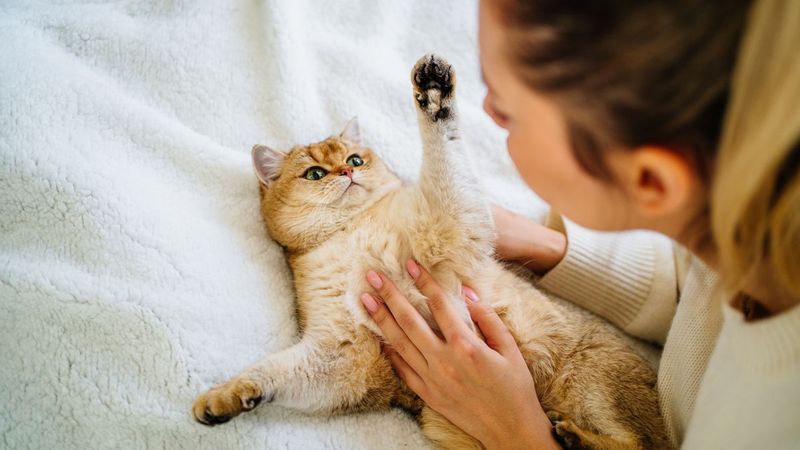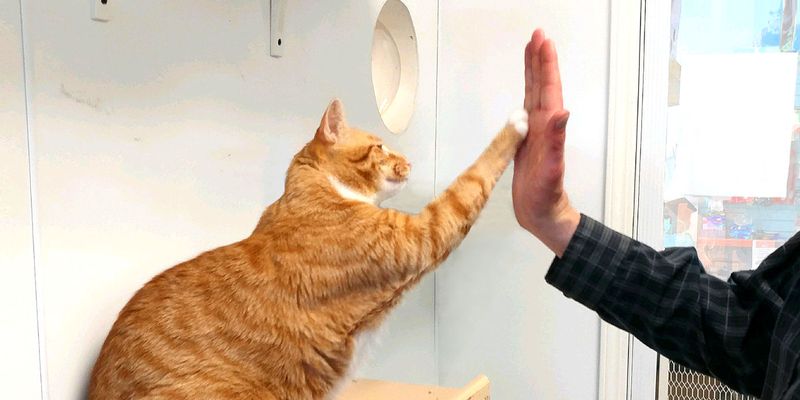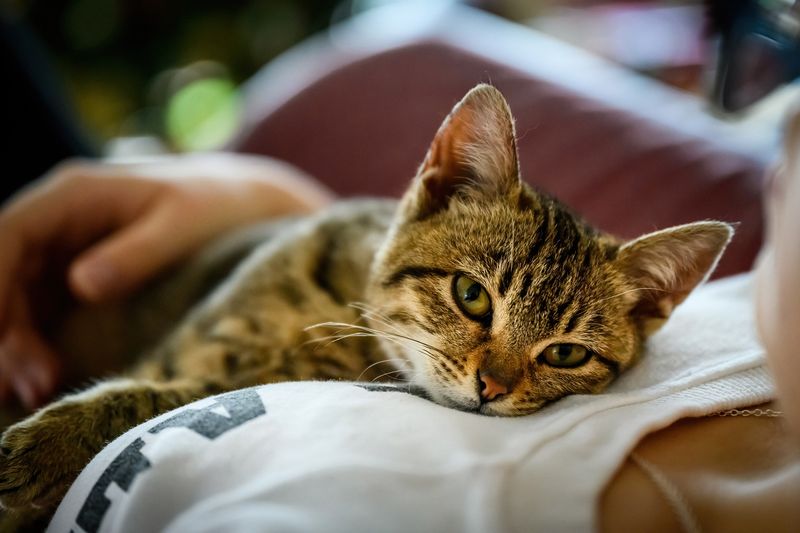📖 Table of Content:
- 1. Should you let your cat outside?
- 2. Do cats really love us, or just tolerate us?
- 3. Is it better to adopt a kitten or an adult cat?
- 4. How often should you change a cat’s litter box?
- 5. Can cats recognize their owners’ voices?
- 6. Should you feed your cat wet food, dry food, or both?
- 7. Are cats more independent than dogs?
- 8. Can cats get along with other pets?
- 9. Should you bathe your cat regularly?
- 10. Is it okay to leave your cat alone all day?
- 11. Do cats prefer being petted or left alone?
- 12. Should you declaw your cat?
- 13. How much playtime is enough for a cat?
- 14. Can cats be trained like dogs?
- 15. Are certain cat breeds more affectionate than others?
Cat ownership is filled with unique challenges and endless decisions, sparking debates among even the most experienced pet owners. Whether it’s choosing the right food or figuring out the best way to keep a cat entertained, opinions can vary widely. These disagreements reflect the complexities of understanding and meeting the needs of a pet as independent and enigmatic as a cat.
Every cat is different, and what works for one may not work for another. This makes it difficult to agree on best practices for everything from grooming to training. It’s not just about meeting their physical needs, but also understanding their emotional and social cues, which often leads to differing perspectives on how to care for them.
From discussions on whether cats should roam free outdoors to the benefits of wet versus dry food, the questions never seem to end. These ongoing conversations reveal the passion that cat owners have for their pets, with each topic offering new insights and raising fresh opinions. With so much room for debate, it’s clear that being a cat parent means never running out of things to talk about.
1. Should you let your cat outside?
Whether to let your cat roam outside is a hot topic among cat lovers. Some argue it enriches their lives, offering exercise and new experiences. Others worry about safety, citing traffic, predators, and diseases.
Consider your environment and your cat’s behavior. Urban areas might pose more dangers, while rural settings offer more freedom. Ultimately, the decision is personal and should factor in your cat’s personality and your comfort level with risk. Balancing safety with the benefits of exploration can help find a harmonious solution.
2. Do cats really love us, or just tolerate us?
The question of whether cats truly love humans or merely tolerate them has puzzled many. Cats show affection in subtle ways, such as purring or following their owners. Their independent nature can be mistaken for aloofness. However, many cats form strong bonds with their humans over time, showing trust and companionship.
Observe how your cat interacts with you over time. Each cat is unique, and understanding their language of love can enhance your relationship.
3. Is it better to adopt a kitten or an adult cat?
Deciding between adopting a kitten or an adult cat involves weighing different factors. Kittens require more time and energy for training and socialization. They bring youthful energy and curiosity into a home.
Adult cats, however, are typically more settled and may already be litter-trained. They can be calm companions and often fit into a home with less disruption. Consider your lifestyle and what you can offer. Both options can bring joy and love, but your choice should align with your capabilities and preferences.
4. How often should you change a cat’s litter box?
Keeping a cat’s litter box clean is essential for both hygiene and your pet’s happiness. Scooping daily is recommended to keep odors at bay and ensure your cat feels comfortable using it.
Complete changes in the litter should happen at least once a week, depending on the number of cats and the type of litter. Regular cleaning prevents health issues and encourages good litter box habits. Remember, a clean litter box is key to a happy and healthy cat!
5. Can cats recognize their owners’ voices?
Cats have an incredible ability to recognize their owners’ voices. Studies have shown that cats can distinguish their human’s voice from others, often responding with a twitch of the ear or a glance.
While they might not come when called like dogs, they recognize familiar tones and may respond in their unique feline way. Understanding this can enhance how you communicate with your cat, creating a more harmonious living environment.
6. Should you feed your cat wet food, dry food, or both?
Choosing between wet and dry food for your cat depends on several factors. Wet food offers hydration and can be more palatable, while dry food is convenient and can help maintain dental health.
A balanced diet often includes both, catering to your cat’s needs and preferences. Consulting with a veterinarian can provide personalized advice, ensuring your cat receives the nutrition they need. Observing your cat’s response to different foods can also guide your decisions.
7. Are cats more independent than dogs?
Cats are often perceived as more independent than dogs, requiring less constant attention. They groom themselves and can be left alone for extended periods without anxiety.
However, they still need social interaction and enrichment to thrive. Dogs often demand more companionship and can be more reliant on their human companions. Understanding these differences helps in setting expectations and providing the right environment for each pet.
8. Can cats get along with other pets?
While cats can get along with other animals, their ability to do so often depends on their personality and how they’re introduced. A careful, gradual approach goes a long way. Building mutual respect ensures a smooth relationship.
Each pet has its unique temperament, and patience in the introduction phase can result in lifelong friendships.
9. Should you bathe your cat regularly?
The idea of giving cats a bath often divides pet owners. Cats are natural groomers, so they typically don’t need frequent baths. Their instinctual cleanliness makes extra washing largely unnecessary.
However, some situations, like medical conditions or getting into something sticky, might necessitate one. If bathing is needed, using cat-specific shampoos and ensuring a stress-free environment is crucial. Understanding your cat’s needs and comfort level will guide how often, if ever, a bath is needed.
10. Is it okay to leave your cat alone all day?
While cats are more independent than dogs, leaving them alone all day still requires some planning. Make sure they have access to food, fresh water, and a tidy litter box. Providing engaging toys and scratching posts can help keep them entertained.
While cats can handle alone time, regular interaction and attention are key to preventing loneliness. Balancing independence with companionship leads to a content cat.
11. Do cats prefer being petted or left alone?
Interaction styles vary greatly among cats. Some thrive on human affection and love to be petted, while others prefer to keep their space. Knowing what your cat enjoys makes all the difference in your relationship.
Observing your cat’s body language can provide clues about their comfort level. Signs of enjoyment include purring and leaning into your touch. Respecting their boundaries and offering affection when welcome fosters trust and a strong bond.
12. Should you declaw your cat?
The decision to declaw a cat is heavily debated. Declawing is a painful procedure and can lead to behavioral issues and long-term pain. Many experts and cat owners advocate for alternatives like regular claw trimming and providing scratching posts.
Understanding the implications of declawing is crucial in making an informed choice that aligns with humane practices. Prioritizing your cat’s well-being in this decision is essential.
13. How much playtime is enough for a cat?
Ensuring your cat gets enough playtime is key to their physical and mental health. A quick 15 to 30-minute play session daily will stimulate their brain and help them stay active. Plus, it strengthens your bond!
Interactive toys, like feather wands or laser pointers, can provide enrichment and mimic hunting instincts. Tailoring playtime to your cat’s age and energy level ensures they remain happy and healthy. Regular play strengthens the bond between you and your cat.
14. Can cats be trained like dogs?
Though not as eager as dogs, cats can still be trained successfully. By rewarding desired actions with treats or affection, they can learn various behaviors. Training may cover anything from using a litter box to leash walking.
Patience and understanding your cat’s motivators are key to successful training. While cats may not perform on command as readily as dogs, they can learn and adapt, enhancing their life and your bond.
15. Are certain cat breeds more affectionate than others?
Affectionate behavior is a hallmark of certain cat breeds. Ragdolls, known for their loving temperament, are often described as gentle, while Siamese cats stand out for their sociable and vocal personalities.
However, individual personality plays a significant role, and not all cats of a specific breed will conform to these generalizations. Researching breeds can offer insights, but understanding and nurturing your unique cat’s personality will foster a loving relationship.
